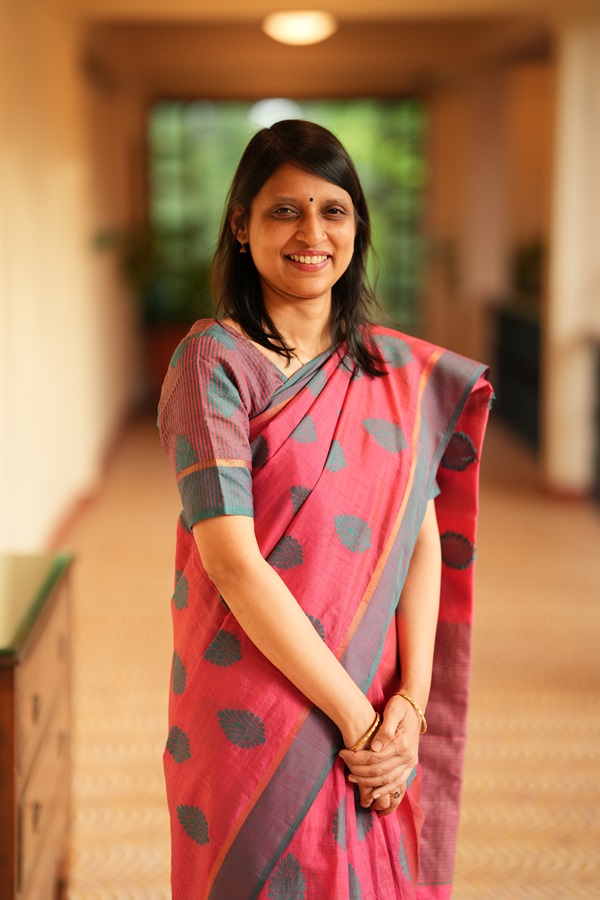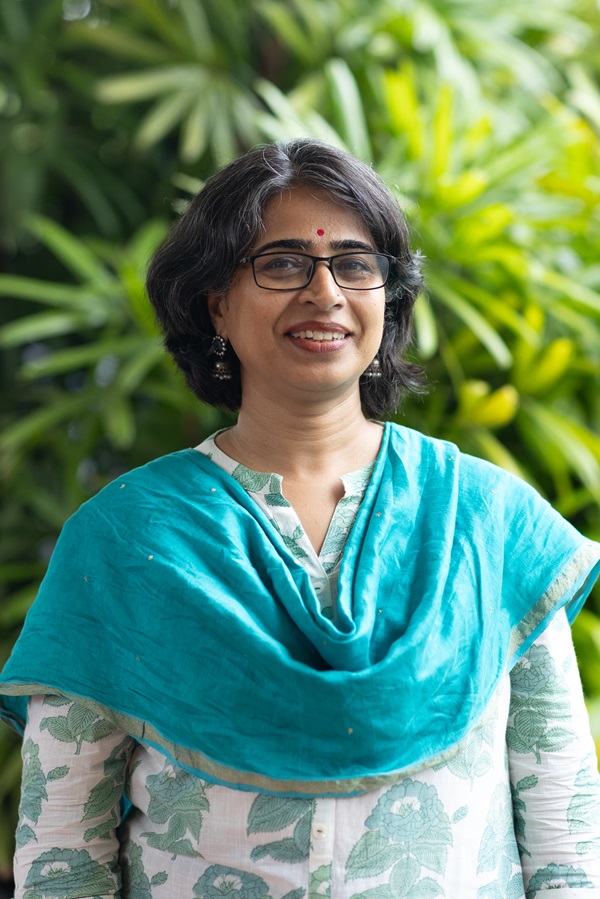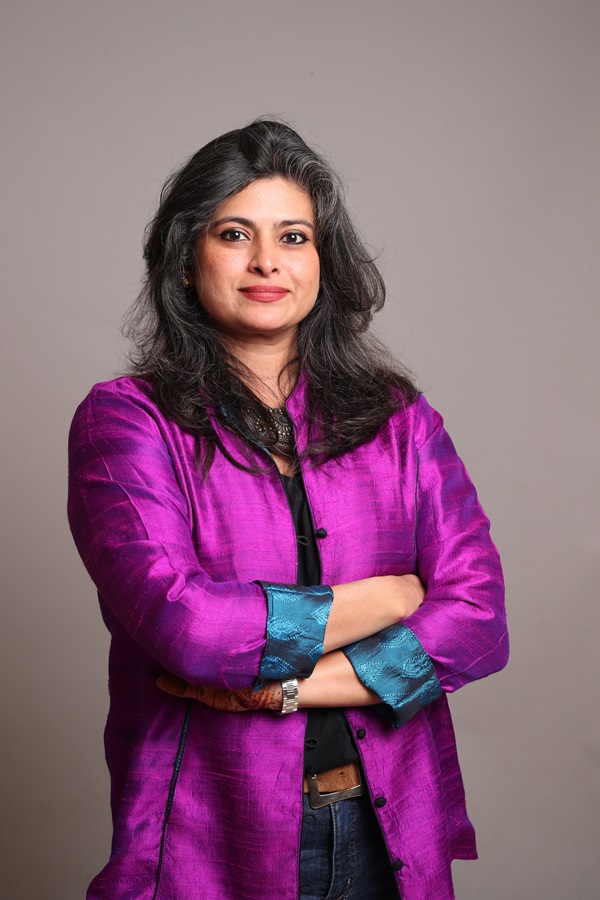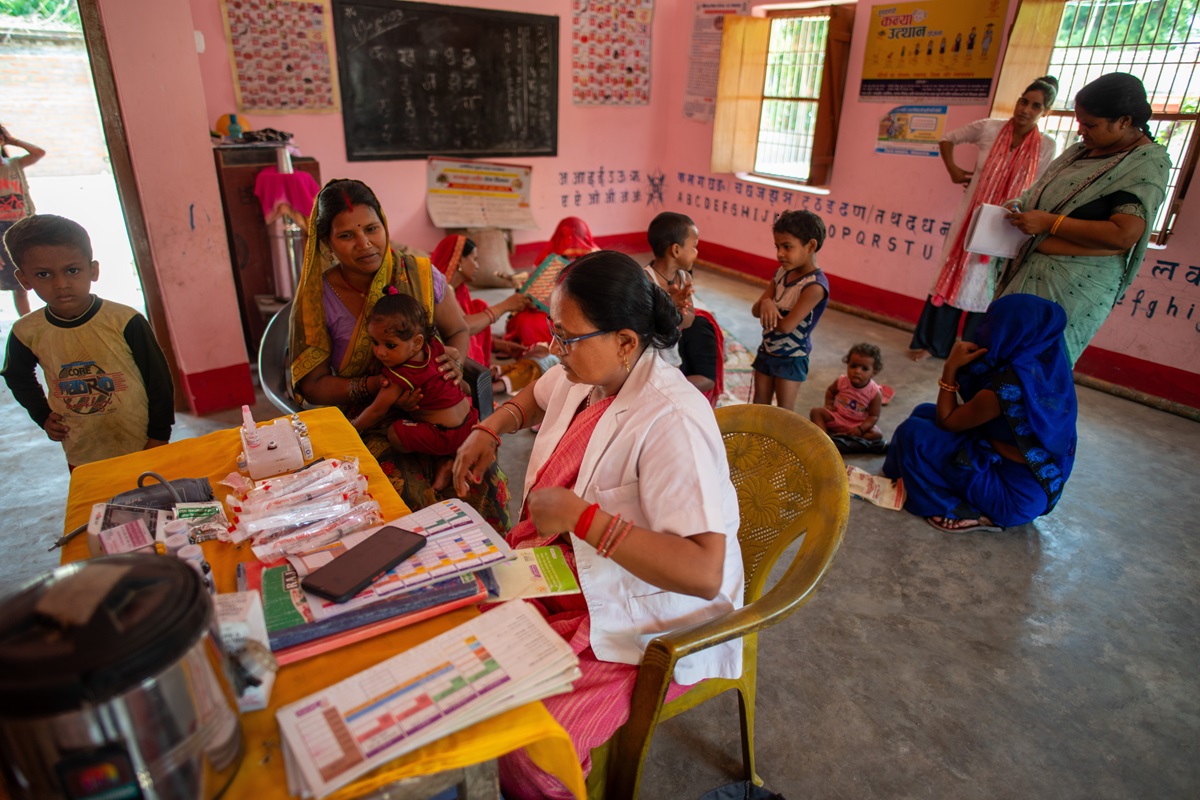India’s journey toward Universal Health Coverage (UHC) hinges on equitable access, effective delivery systems, and inclusive leadership. This World Universal Health Coverage Day, we spoke with women leaders from the WomenLift Health community in India to explore strategies for achieving UHC in the country as well as the role women’s leadership can play in the process. Edited Excerpts below:
- Addressing Demand- and Supply-side Factors for Accessing Primary Healthcare
 Kusum V Moray, Community Physician, Executive Director, and Public Health Researcher, Mangal Pratap Stree Arogya
Kusum V Moray, Community Physician, Executive Director, and Public Health Researcher, Mangal Pratap Stree Arogya
Achieving Universal Health Coverage requires a dual approach that addresses both demand and supply-side challenges at the last mile, says Kusum:
“On the demand side, there is a need to facilitate the creation or strengthening of community structures where people can collectively seek and obtain support. Empowered collectives can enhance health system resilience through community and social accountability mechanisms. On the supply side, the health workforce must be extensively trained to improve competence and empathy for the community. This ensures that services are high-quality, fostering trust in the system and encouraging people to return to it in times of need.”
- Increasing Access to Health Financing among Vulnerable Groups
 Neeta Rao, Senior Health Lead, United States Agency for International Development (USAID)
Neeta Rao, Senior Health Lead, United States Agency for International Development (USAID)
To ensure UHC, Neeta emphasises the need for health financing to increase community access to healthcare:
“By using both supply- and demand-side financing—including mutuals, insurance, health wallets, and savings and blended financing to mobilize private capital, respectively—we can promote accountability, transparency, and a focus on health outcomes while reducing out-of-pocket expenditures for vulnerable communities. A unified system where the government strategically purchases services for those who cannot afford them ensures equitable access for all.”
- Strengthening Last-Mile Delivery among Migrant Groups
 Aruna Bhattacharya, Lead – Academics and Research, Indian Institute of Human Settlements
Aruna Bhattacharya, Lead – Academics and Research, Indian Institute of Human Settlements
With rapid urbanization, mobility, and migration, urban migrants and settlers have emerged as a key vulnerable population requiring access to healthcare in India, says Aruna:
“Awareness towards healthcare and access to primary healthcare is very low among these communities. There is also a lack of social protection for meeting their healthcare needs. There is a need to tie together efforts at the state-level, from urban local bodies, and in community-based organisations to co-create primary healthcare delivery along with the communities.”
- Fostering Inclusive Leadership for Community-Driven Solutions
 Shachi Adyanthaya, Senior Manager – Child Health and Development, Children’s Investment Fund Foundation (CIFF)
Shachi Adyanthaya, Senior Manager – Child Health and Development, Children’s Investment Fund Foundation (CIFF)
More equitable and transformative leadership is needed to address systemic barriers and advocate for inclusive, rights-based care, says Shachi:
“Feminist leaders actively challenge patriarchal structures in health systems, ensuring care delivery is inclusive and just. They integrate social determinants like nutrition, education, and financial empowerment into healthcare interventions while empowering ASHAs and ANMs for last-mile care. By centering lived experiences and amplifying community voices, they design solutions that are both culturally relevant and sustainable.”


